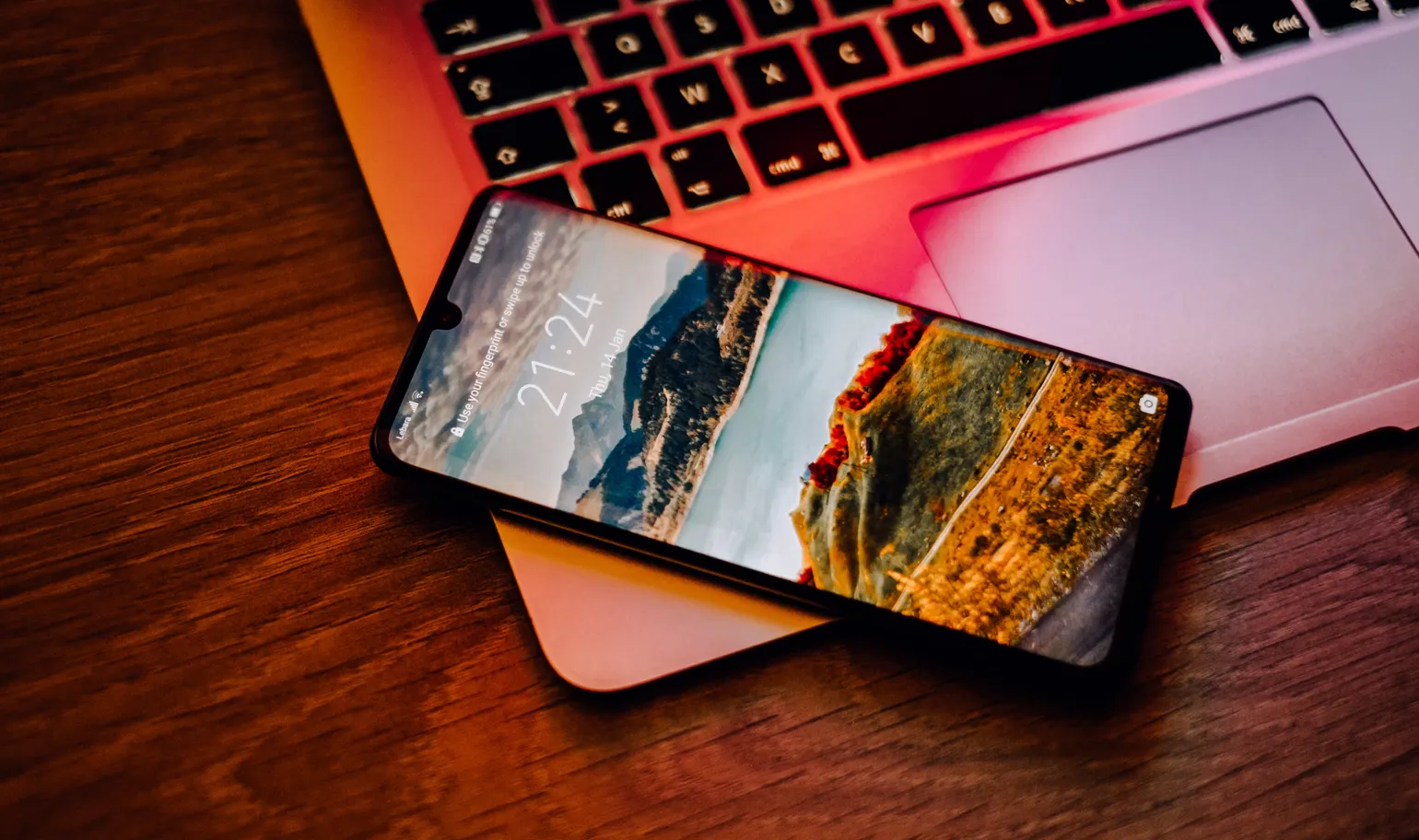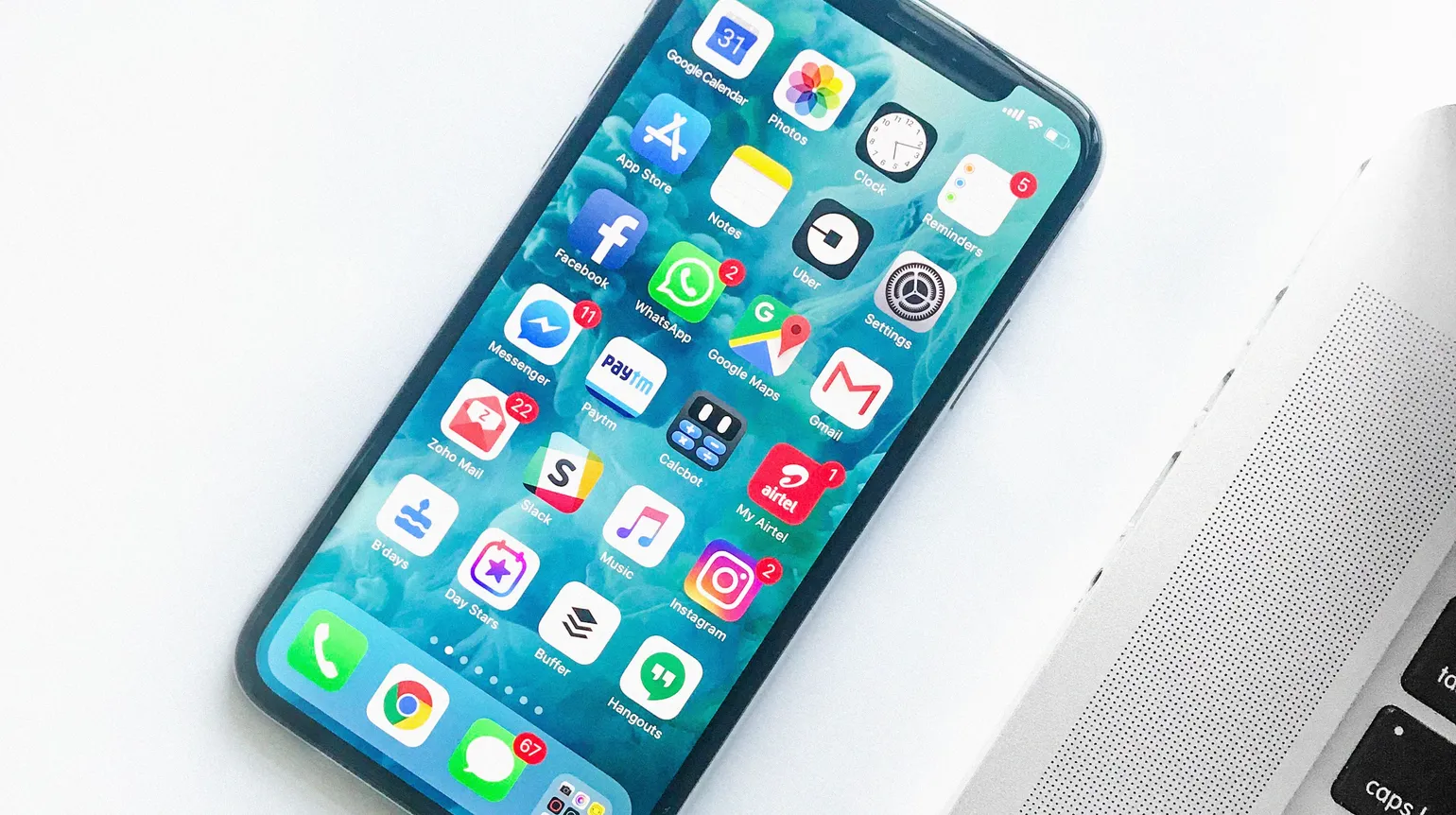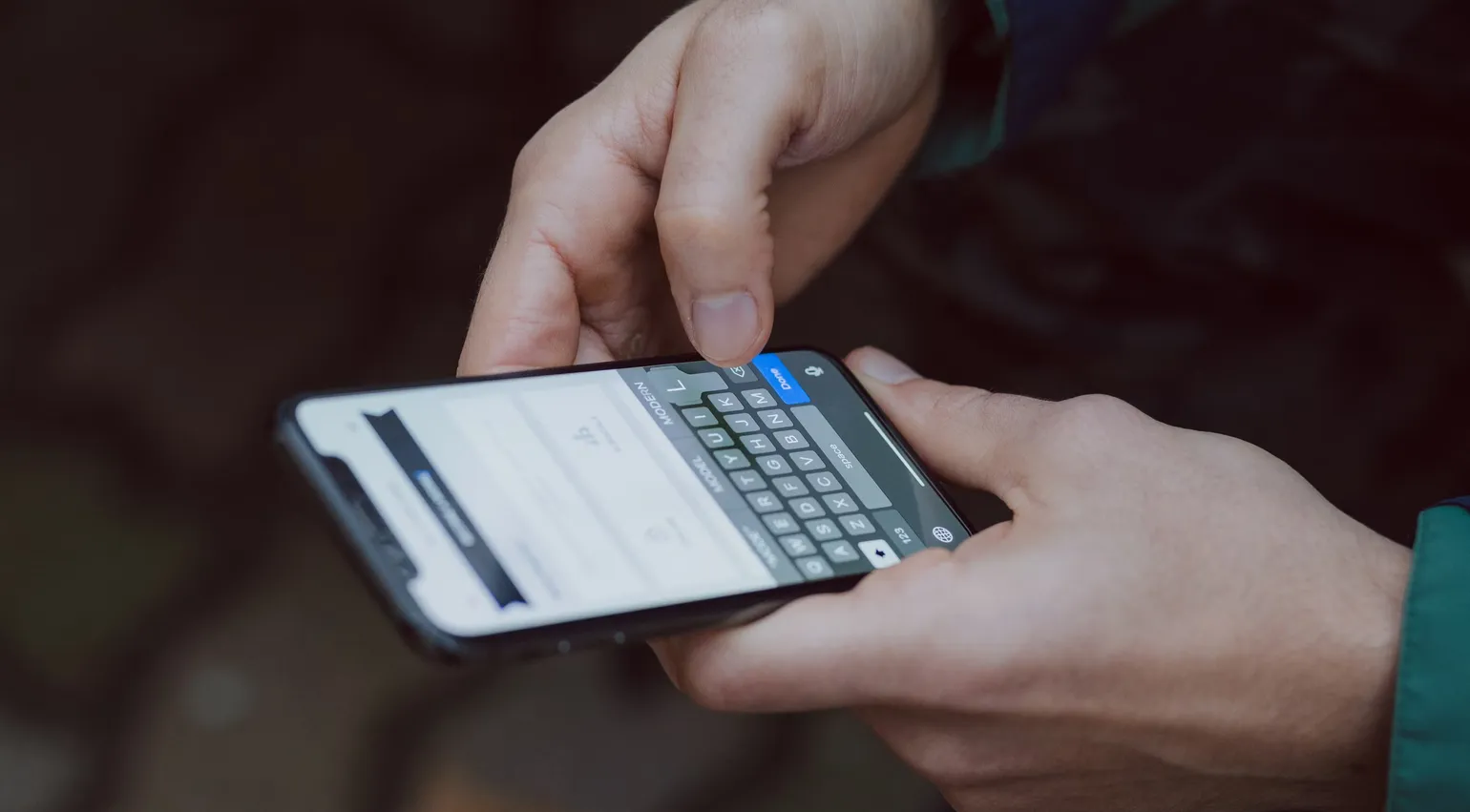How do pay monthly phone contracts work?

- A phone contract is a legal agreement between the network and the customer
- You agree to pay a monthly amount in exchange for a phone and a plan
- The plan includes a monthly allowance for data, minutes and texts
- Most phone contracts last for 24 or 36 months
- Some networks have separate contracts for the device and the plan
- You own the phone once the contract come to an end
- You’ll often need to pay an upfront cost for the device, however some contracts waive this
- If you go over your allowance, this will be added to your bill at the end of the month
- You’ll need to apply for a phone contract, and a credit check will be performed
Pay monthly phone contracts in the UK have been around for nearly 30 years. Not much has changed about them throughout the years, and they generally work in the same way.
However, the confusing terms and technical jargon can make phone contracts seem more complicated than they actually are, with many being put off altogether as a result. This is unfortunate, as many phone contracts offer good value, and can actually help you save money in the long run.
Thankfully, phone contracts are actually quite simple to understand once you get past the jargon.
A phone contract is simply an agreement between the network and the customer, where the customer agrees to pay a monthly fee in exchange for a phone and plan (data, minutes and texts) for a set period - typically 24 or 36 months. After the contract comes to an end, you own the phone.
Most phone contracts require an upfront fee when you sign up, however many networks offer phone contracts with a £0 upfront fee, commonly advertised as a deal with a "free phone".
As well as delivering good value for money in most cases, phone contracts are also a great way to get your hands on the latest handset, particularly if you can’t afford to pay the full amount of the device in one go.
For example, the latest iPhone 15 costs £799 - for most people, this is a considerable amount of money to spend in one go. However, a phone contract allows you to split this amount over several months, and also includes a SIM card with a plan for data, minutes and texts.
However, you’re not guaranteed to be accepted for a phone contract. Networks usually perform a credit check, verify your personal details and ask about your employment status. This is because a phone contract is a type of a credit agreement, so you will be subject to the same checks as you would be when applying for a credit card or loan.
What will I get with a phone contract?

A phone contract includes an agreement between you and the network, which defines how much you will pay per month and for how many months.
You’ll be provided with a phone, together with a SIM card that includes a plan (less commonly referred today as a tariff) for data, minutes and texts. The plan allowance will reset at the end of every month.
At the end of every month, you’ll be issued a bill. If you go over your plan allowance, any additional services that you have used will be explained and added to the bill. For example, if you go over your data allowance, you will be charged extra on top of your usual monthly amount. Networks are required by Ofcom to allow customers to set up a hard limit on how much they can be charged for additional services, to avoid overspending and unexpected charges. This limit can usually be set through the website or app, after registering for an account with network.
Many phone contracts, particularly those from the major networks, also include additional perks, like free Spotify or Disney+ for a set period. For example, EE phone contracts include Apple TV+ for 6 months, and most Vodafone phone contracts include a lifetime warranty.
When your phone contract is coming to an end, you’ll have the option to upgrade. Networks will try their hardest to keep you as a customer, so you’ll often be given exclusive deals that you won’t find on their website or comparison websites. You'll also have the opportunity to haggle and to get an even better deal.
Can anyone get a phone contract?

When signing up for a phone contract, the network will make a decision on whether to approve or deny you as a customer based on several factors.
Most people who have a good credit score and are able to prove they have a sufficient income will be eligible for a phone contract.
For more expensive phone contracts, such as for the latest iPhone, additional details about your salary and income may be requested from the network when applying. You may also be asked about your housing situation, such as whether you rent, own your home or live with your parents.
If you have a bad credit score, it is unlikely you’ll be able to get a phone contract as the network will see you as a risk with a chance that you will miss monthly payments. You’re also less likely to be approved if you’re unemployed and unable to prove you have sufficient savings or income by other means.
However, phone contracts aren’t the only option. You can also buy your own phone outright and pair it with your own SIM only deal. This is a common option for those who have been declined a phone contract, or for those who don’t want to be locked down with a long term phone contract.
Phone contracts with separate device and plan agreements

A growing number of networks are now providing two credit separate agreements when you sign up for a phone contract - one for the device, and one for the plan (tariff / SIM card).
In such cases, the device is a separate finance agreement, for typically 24 or 36 months. Some networks, like O2 and EE, allow you to set the exact length, as low as 3 months.
The plan, also known as a tariff, is a separate contract. This is usually fixed at 24 months. It’s possible for the device and plan to have separate contract lengths. For example, O2 Refresh and EE Flex Pay contracts by default include a 36 month device agreement with a 24 month plan. In such cases, after 24 months, the plan changes to a monthly rolling contract that can be cancelled at any time, with only the remaining months of the device agreement that still need to be paid every month (until 36 months in this example).
Let’s take a Samsung Galaxy S24 contract on EE as an example. The device is a separate agreement, and you can set the upfront cost and device contract length. Let’s say we choose a £0 upfront cost for a 36 month device contract, which will be £23.81 per month.
Now we have to choose a separate plan contract, which is fixed for 24 months. We’ll choose the 5GB Essentials Plan, which is £25 per month. So for the first 24 months, you will have to pay the device contract (£23.81) and plan contract (£25) which is a total of £48.81 per month. After 24 months, the plan contract comes to an end, and moves to a 1 month rolling contract. You can choose to cancel the plan at this time, meaning you’ll only need to pay the remaining 12 months of the device, which is a total of £23.81 per month from this point.
While this may seem confusing at first, there are several benefits for phone contracts that are set up this way:
As the device is a finance agreement, similar to a loan, it’s not subject to mid-contract price increases. Only the plan will be subject to mid-contract price increases.
In addition, there’s also a degree of added flexibility. Most networks will allow you to change the plan mid-contract, which is possible as the device is a separate credit agreement that is charged separately. In most cases, you’ll also be able to upgrade your device early, without affecting your plan contract.
Furthermore, such contracts offer more transparency on how much you are spending. The cost of the device and the cost of the plan are clearly separated on your bill, making it easier and more transparent to see exactly what you are paying for.
Can the monthly cost increase during a phone contract?

Most networks now specify within the terms of a phone contract that the monthly cost will increase once a year, typically linked with the rate of inflation.
Recent inflation figures have been particularly high, meaning consumers have seen huge increases in their bill, which is generally considered unfair and extortionate.
However, Ofcom is aware of the problem, and is currently planning to ban inflation based price increases altogether. Networks can still have mid-contract price increases, but the amount must be strictly defined and fixed in pounds and pence at the time when a customer signs up to a phone contract.
EE have already adopted Ofcom’s planned policy - new EE phone contracts will increase by a fixed £1.50 every year, without using inflation based figures, so you'll know the exact total cost of ownership from day 1.
Options once your phone contract comes to an end

Once your phone contract comes to an end, you’re free to end your plan and switch to another network. Alternatively, you can choose to upgrade and renew your contract with your network to get a new phone, lower your monthly bill or increase your allowances.
If you don’t do anything once your phone contract ends, it will automatically switch to a 30-day rolling contract.
However, in most cases, you will get better value for money by upgrading or renewing your plan. Networks will want to keep you as a customer, so they will be willing to offer you exclusive deals directly.
You may also be able to find a better deal by switching to another network. Make sure to shop around and known all your options.
Where can I find and compare phone contracts?

We compare thousands of the cheapest phone contracts across multiple networks and retailers, ensuring you find the best possible deal for your needs.
You can also find phone contracts directly through a network’s website. Some networks, like EE, are not on any comparison websites, so you’ll need to go directly to their website to sign up for a phone contract.